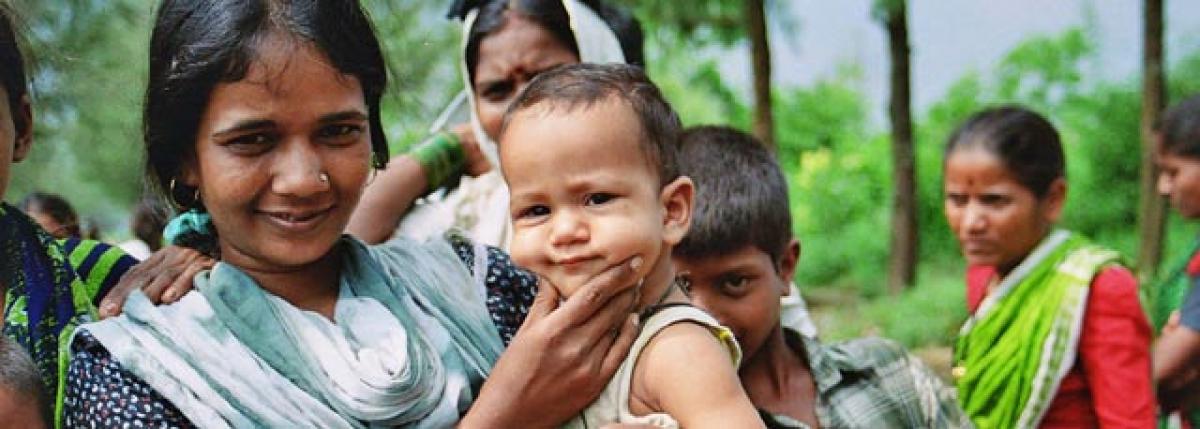Just In

Human development starts in child’s earliest years that are first 1000 days of life that begin with a women’s pregnancy followed by first two years of child’s life. Appropriate nutrition, early stimulation and learning and safe environment are crucial for a child’s overall development.
Human development starts in child’s earliest years that are first 1000 days of life that begin with a women’s pregnancy followed by first two years of child’s life. Appropriate nutrition, early stimulation and learning and safe environment are crucial for a child’s overall development.
According to World Bank, less than 2% of India’s children have three basic requirements in sufficient measure in their most critical years - the right food, proper health care, early learning opportunities, and clean water and sanitation. Absence of these essential requirements not only has irrevocable impact on child’s development, but also undermines the country’s future economic development.
Therefore, the inescapable condition is that improving nutrition in the early years can raise adult wages by 5-50 percent, and reducing stunting can increased GDP by 4-11 percent. The World Bank’s Global Nutrition Report 2016 has called for concerted efforts to expand and strengthen the flagship programme on nutrition, early learning, and health through the Integrated Child Development Scheme (ICDS) and the National Health Mission (NHM).
In India, ICDS programme delivered through a network of 1.3 million village nutrition centres i.e., aaganwadi centres, covering an estimated 102 million children up to 6 years of age, as well as pregnant and lactating women. However, many of these focus on pre-school children,
thus missing the crucial first 1000 days window, points out the World Bank.
The ambitious Swachh Bharat Mission (SBM) can also be a game-changer, because sanitation is as essential as nutrition to child’s health. Along with complementary nutrition interventions, the Swachh Bharat Mission- Gramin (SBM-G), which is rural component of Clean India Mission, seeks to address the high occurrence of high stunting among India’s children.
The World Bank is supporting the SBM-G with $ 1.5 billion in financing over 2016-2020. Over the next 5 years, it is expected that nearly 1.5 million households will have improved nutrition outcomes as a result of these programmes.
By Gudipati Rajendera Kumar

© 2024 Hyderabad Media House Limited/The Hans India. All rights reserved. Powered by hocalwire.com







